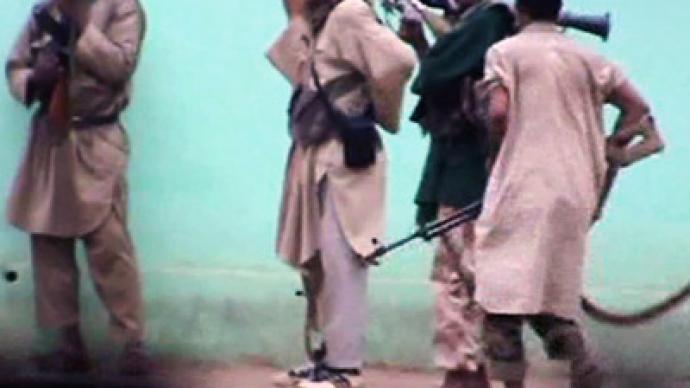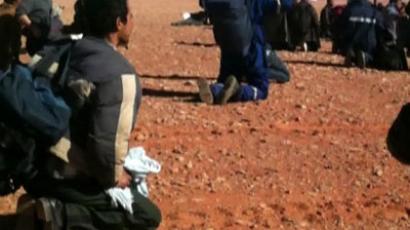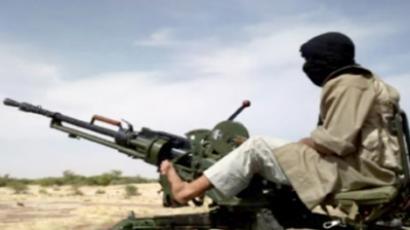Al-Qaeda's secret plan left behind by fleeing Mali Islamists

Fleeing advancing French and Malian forces, al-Qaeda militants left a strategic blueprint outlining their general plan for Mali and the region. The nine-page document unlocks a door to the world's most feared terrorist network.
The letter was discovered by the Associated Press in Timbuktu in a pile of papers and trash inside a building occupied by the Islamists for almost a year. It is signed by Abu Musab Abdul Wadud, the nom de guerre of Abdelmalek Droukdel, the senior commander appointed by Osama bin Laden to run al-Qaeda’s branch in Africa. The document is comprised of six chapters, only three of which were recovered. The pages are not dated, but a reference to June 2012 events in Mali indicates that the message was sent as recently eight months ago.In his address to the fighters, Droukdel, the emir in the Islamic Maghreb, predicts that Western intervention would occur sometime in January. He writes, “It is very probable, perhaps certain, that a military intervention will occur… which in the end will either force us to retreat to our rear bases or will provoke the people against us because of starvation or the cutting of supplies and salaries….”The document also debates how to apply Sharia, or Islamic law, “one of the wrong policies that we think you carried out is the extreme speed with which you applied Shariah, not taking into consideration the gradual evolution that should be applied in an environment that is ignorant of religion, and a people which hasn't applied Shariah in centuries,” the letter reads.If the law is applied too rigorously in such circumstances, the document says, “it will lead to people rejecting the religion, and engender hatred toward the Mujahedeen, and will consequently lead to the failure of our experiment."The treatment of women and the destruction of Timbuktu’s temples are also discussed as Droukdel argues that his militia are too brutal in applying the Islamic law to northern Mali.Despite the possibility of defeat, the letter also notes that al-Qaeda is to stay in the region through infiltration into the local tribal society.“It is an important golden opportunity to extend bridges to the various sectors and parts of Azawad …to end the situation of political and social and intellectual separation (or isolation) between the Mujahedeen and these sectors, particularly the big tribes, and the main rebel movements with their various ideologies…”Once trust is established, Droukdel argues, it is better to use local movements to promote the group's agenda. “We should also take into consideration not to monopolize the political and military stage. We should not be at the forefront,” he says. “Better for you to be silent and pretend to be a ‘domestic’ movement that has its own causes and concerns. There is no reason for you to show that we have an expansionary, jihadi, al-Qaeda or any other sort of project.”AP claims that Droukdel’s writing is one of only a few internal documents of al-Qaeda’s African wing that has been found, and probably the first one made public.According to Islamic scholar Mathieu Guidere, who helped authenticate the letter, the document is numbered 33/234, a system reserved for al-Qaeda’s internal communications.“It confirms something very important, which is the divisions about the strategic conception of the organization. There was a debate on how to establish an Islamic state in North Mali and how to apply Shariah,” Guidere says.AP’s finding emerges as US Secretary of State John Kerry, on Thursday, praised the “successful” intervention by France in January to push Islamist rebels, who took over part of the country last year and applied strict Sharia law, from northern Mali.France began its military mission on January 11, after Mali's interim government asked for help combating the insurgency there.














